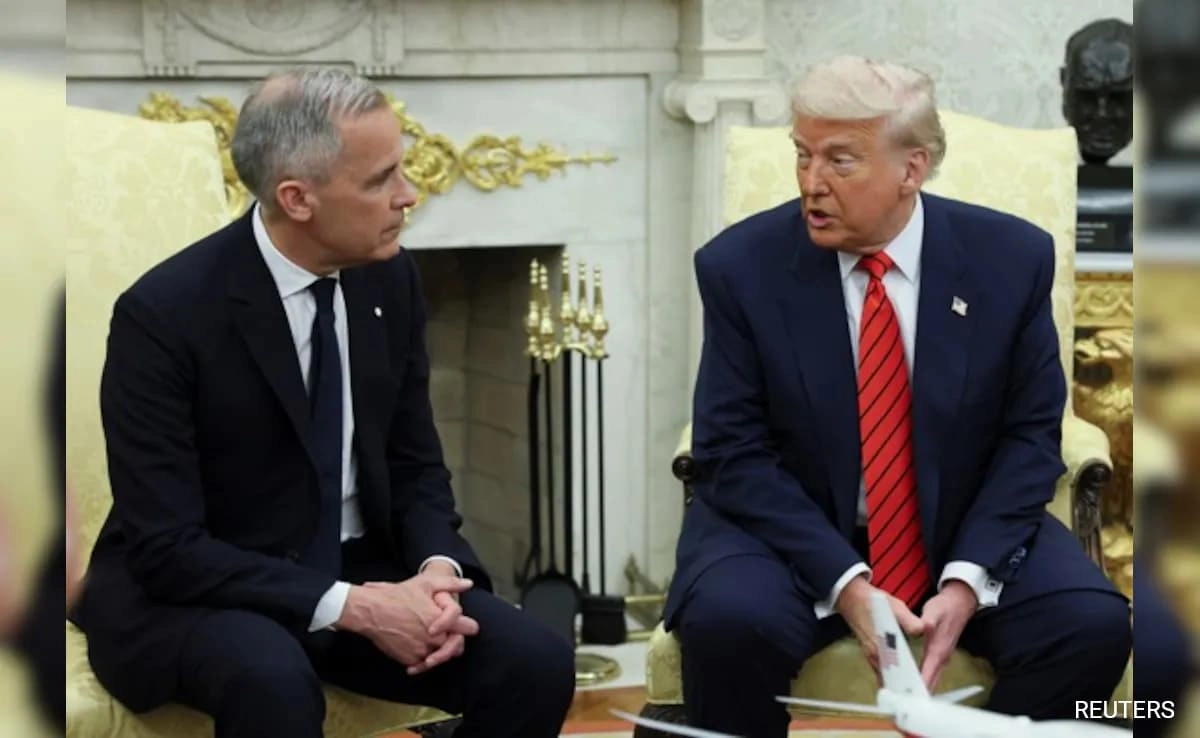In a pivotal meeting between Bank of Canada Governor Mark Carney and then-President Donald Trump, Carney made a significant statement asserting that Canada was “never for sale.” This remark came amid discussions that touched on various economic and trade issues affecting both nations. Carney’s comment was particularly relevant given the backdrop of Trump’s administration, which often emphasized a transactional approach to international relationships, including a focus on bilateral trade deficits and tariffs.
Carney’s declaration aimed to reinforce Canada’s sovereignty and independence in the face of potential pressures from the U.S. administration. He emphasized that Canada had a strong and stable economy, firmly grounded in its own values and policies. This assertion served not only as a reassurance to Canadian citizens but also as a reminder to the Trump administration that Canada’s economic decisions would not be dictated by external forces. The meeting underscored the complexities of U.S.-Canada relations, which, while generally amicable, were susceptible to fluctuations based on the prevailing political climate.
Furthermore, Carney’s remarks highlighted the importance of maintaining a balanced and respectful dialogue between Canada and the U.S. The two countries share a significant economic partnership, with extensive trade ties that benefit both economies. By stating that Canada was “never for sale,” Carney sought to emphasize the mutual respect that should underpin their interactions, rather than a purely transactional view of diplomacy. This approach aims to foster cooperation on shared challenges, such as trade agreements, environmental issues, and security matters.
In conclusion, Mark Carney’s assertion during his first meeting with President Trump illustrated the delicate balance of power and negotiation between Canada and the United States. By asserting Canada’s autonomy, Carney reinforced the notion that while both nations could engage in discussions about trade and economics, Canada would not compromise its identity or principles. This stance is essential for navigating the complexities of international relations, ensuring that both countries can maintain a constructive partnership rooted in mutual respect and shared interests.




